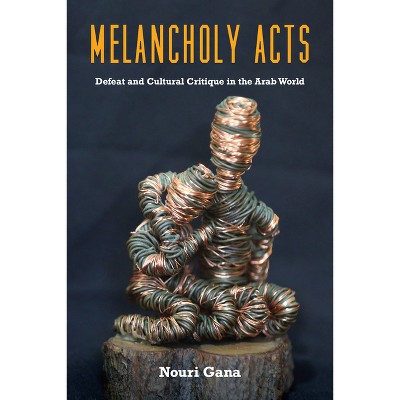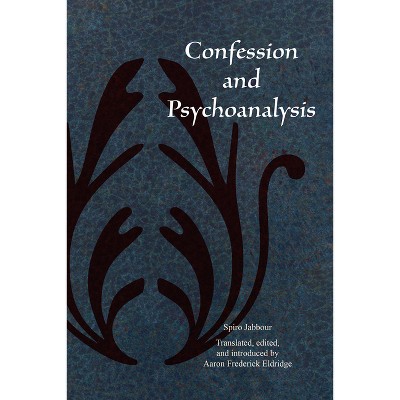About this item
Highlights
- Last Acts argues that the Elizabethan and Jacobean theater offered playwrights, actors, and audiences important opportunities to practice arts of dying.
- About the Author: Maggie Vinter is Assistant Professor of English at Case Western Reserve University.
- 224 Pages
- Literary Criticism, Renaissance
Description
About the Book
Last Acts: The Art of Dying on the Early Modern Stage shows how theater reflects, enables, and contests the politicization of life and death. The book analyzes representations of dying in plays by writers including Marlowe, Shakespeare and Jonson, alongside devotional texts and contemporary biopolitical theory.Book Synopsis
Last Acts argues that the Elizabethan and Jacobean theater offered playwrights, actors, and audiences important opportunities to practice arts of dying. Psychoanalytic and new historicist scholars have exhaustively documented the methods that early modern dramatic texts and performances use to memorialize the dead, at times even asserting that theater itself constitutes a form of mourning. But early modern plays also engage with devotional traditions that understand death less as an occasion for suffering or grief than as an action to be performed, well or badly.
Active deaths belie narratives of helplessness and loss through which mortality is too often read and instead suggest how marginalized and constrained subjects might participate in the political, social, and economic management of life. Some early modern strategies for dying resonate with descriptions of politicized biological life in the recent work of Giorgio Agamben and Roberto Esposito, or with ecclesiastical forms. Yet the art of dying is not solely a discipline imposed upon recalcitrant subjects. Since it offers suffering individuals a way to enact their deaths on their own terms, it discloses both political and dramatic action in their most minimal manifestations. Rather than mournfully marking what we cannot recover, the practice of dying reveals what we can do, even in death. By analyzing representations of dying in plays by Marlowe, Shakespeare, and Jonson, alongside devotional texts and contemporary biopolitical theory, Last Acts shows how theater reflects, enables, and contests the politicization of life and death.From the Back Cover
"Last Acts offers a dazzling account of Renaissance theatrical performances of death. Bookended by an engaging introduction and an eloquent coda that ranges in time from John Donne to David Bowie, this erudite book provides a theoretically sophisticated analysis of the theater's constitutive role in shaping political and economic discourse."--Patricia Cahill, Emory University
"Challenging the perception of death as a moment of passivity, Last Acts analyzes death as an opportunity for expressions of personal, political, and spiritual, and economic agency. This outstanding, original work is topical and timely in its appeal."--Will Stockton, Clemson University Last Acts argues that the Elizabethan and Jacobean theater offered playwrights, actors, and audiences important opportunities to practice arts of dying. Psychoanalytic and new historicist scholars have exhaustively documented the methods that early modern dramatic texts and performances use to memorialize the dead, at times even asserting that theater itself constitutes a form of mourning. But early modern plays also engage with devotional traditions that understand death less as an occasion for suffering or grief than as an action to be performed, well or badly. Active deaths belie narratives of helplessness and loss through which mortality is too often read and instead suggest how marginalized and constrained subjects might participate in the political, social, and economic management of life. Some early modern strategies for dying resonate with descriptions of politicized biological life in the recent work of Giorgio Agamben and Roberto Esposito, or with ecclesiastical forms. Yet the art of dying is not solely a discipline imposed upon recalcitrant subjects. Since it offers suffering individuals a way to enact their deaths on their own terms, it discloses both political and dramatic action in their most minimal manifestations. Rather than mournfully marking what we cannot recover, the practice of dying reveals what we can do, even in death. By analyzing representations of dying in plays by Marlowe, Shakespeare, and Jonson, alongside devotional texts and contemporary biopolitical theory, Last Acts shows how theater reflects, enables, and contests the politicization of life and death. Maggie Vinter is Assistant Professor of English at Case Western Reserve University.Review Quotes
Last Acts offers a dazzling account of Renaissance theatrical performances of death. Bookended by an engaging introduction and an eloquent coda that ranges in time from John Donne to David Bowie, this erudite book provides a theoretically sophisticated analysis of the theater's constitutive role in shaping political and economic discourse.---Patricia Cahill, Emory University
Challenging the perception of death as a moment of passivity, Last Acts analyzes death as an opportunity for expressions of personal, political, and spiritual, and economic agency. This outstanding, original work is topical and timely in its appeal.---Will Stockton, Clemson University
About the Author
Maggie Vinter is Assistant Professor of English at Case Western Reserve University.Shipping details
Return details
Trending Poetry












